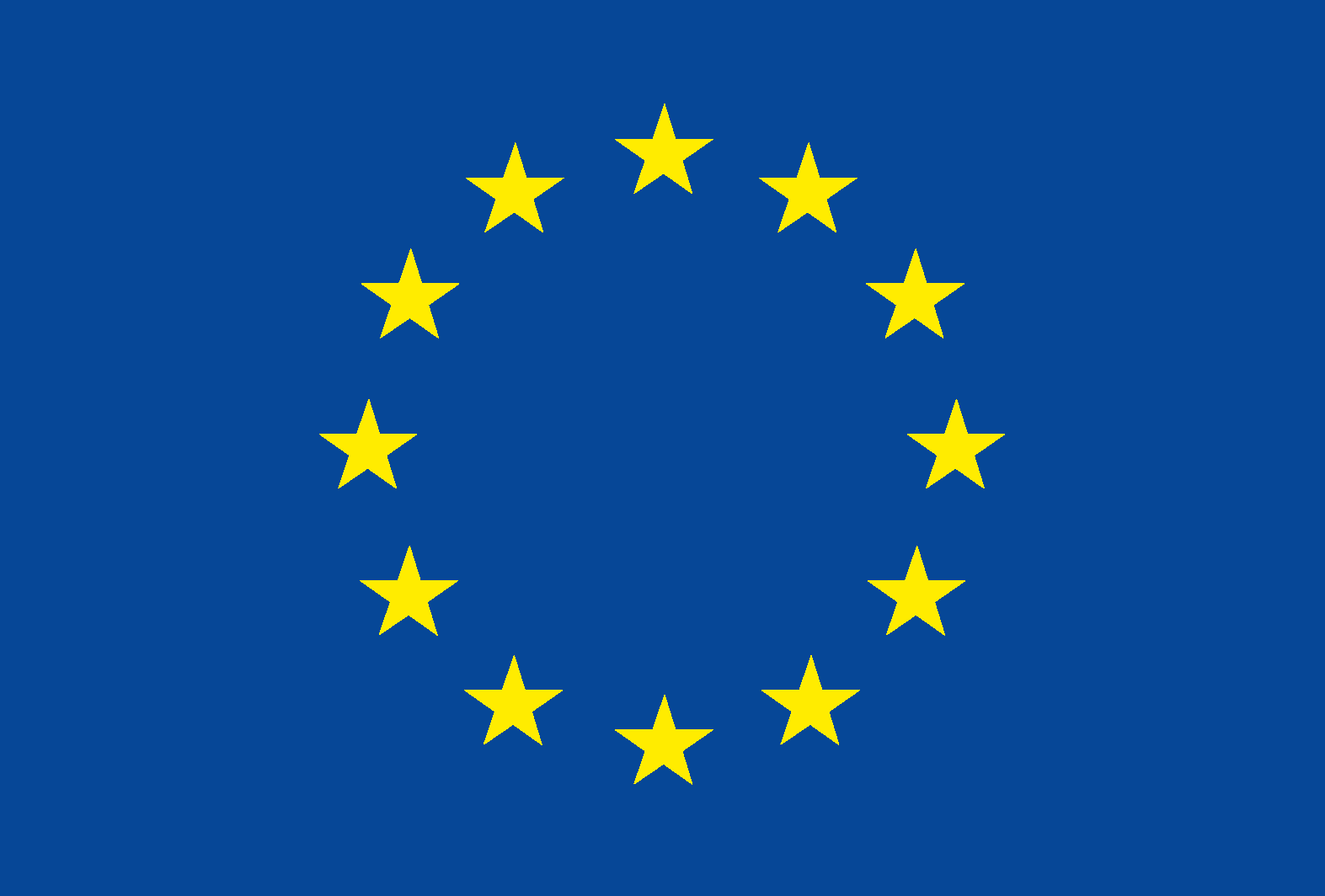KABUL (Pajhwok): Social media is abuzz with rumours that the “coronavirus is a bacterium, not a virus, and antibiotics and aspirin should be used to treat it”,

But medical experts and researchers reject such claims as baseless, saying that no reputable health organisation had so far confirmed the efficacy of antibiotics alone as Covid-19 treatment.
Claim: Research in Russia has shown that Covid-19 is a bacterium, not a virus, and that antibiotics should be consumed to treat it.
Rumours: A post on Facebook — titled Breaking news from around the globe — reads research in Russia shows that Covid-19 is not a virus, but a bacterium, which can cause fatal blood clots.
The post says doctors in Russian have examined bones, legs and other parts of the bodies of the people who died of Covid-19. Doctors found blood clots in victims’ veins, causing blockage of flow and lack of oxygen.
“Patients with positive coronavirus results were given 100mg of aspirin and amromac tablets. This resulted in the patients’ recovery. The Russian Ministry of Public Health says it treats more than 14,000 patients a day,” the article added.
As a result, the Russian Ministry of Public Health changed its approach to treating Covid-19 patients and suggested that antibiotics and aspirin be administered to such patients.
A number of other Facebook users also shared the article on their social media accounts.
Fact check:
Hashmatullah Faizi, an ICU professional at the Afghan-Japan Hospital, said so far no official Russian site had claimed that Covid-19 was a bacterium and that antibiotics and aspirin should be used to treat the pandemic.”
Covid-19 was a bacterium and that antibiotics and aspirin should be used to treat the pandemic.”
He said all kinds of articles were published on Facebook but they could not be trusted until were reported by an official journal.
Faizi insisted the coronavirus was a virus that existed earlier but was diagnosed in 2019.
Medical experts say the disease raises blood pressure, causes blood clots, affects lungs and slows heartbeat. These factors result in the patient’s death.
Considering the problems caused by the coronavirus, doctors recommend anti-blood clotting drugs to the patients.
Meanwhile, Dr. Baz Mohammad Sherzad, a former advisor to the Ministry of Public Health, told Pajhwok such reports released on social media were nothing more than rumours.
Such articles were often published to grab attention, he believed, saying some anti-vaccination groups were also spreading these rumours.
He added the virus was not yet eliminated and new waves were still emerging. At the same time, he said, research was also underway on new variants that had left people worrying.
Sherzad explained so far, no university or health institution in the world had confirmed the efficacy of aspirin and antibiotics against the coronavirus.
Dr. Usman Tahiri, deputy spokesman for MoPH, said the virus and bacteria did not have common causes and were very different from a biological point of view.
He pointed out that the coronavirus attacked the respiratory system, causing blood clots in lungs due to lack of oxygen. A virus was 100 times smaller than a bacterium and was not categorised as a living thing.
Taheri said the virus was not treated with antibiotics that had an effect on bacteria. He called the coronavirus a new virus that was yet to be fully known despite ongoing research.
“Aspirin was good for thinning blood, but antibiotics aren’t good for this,” he elaborated.
Since antibiotics did not affect the virus, they were not necessary to use, he said. However, they could be taken to prevent the entry of the second bacterium into the body. He warned the longer use of antibiotics weakened the body’s immunity.
Verdict: The report that the coronavirus is a bacterium, not a virus, and that antibiotics should be should be used to treat it, has no scientific basis. The report has not been confirmed by any university or international medical research organisation.
sa/mud
 “This Investigative Report was produced with the financial support of the European Union. Its contents are the sole responsibility of Pajhwok and do not necessarily reflect the views of the European Union.”
“This Investigative Report was produced with the financial support of the European Union. Its contents are the sole responsibility of Pajhwok and do not necessarily reflect the views of the European Union.”







GET IN TOUCH
NEWSLETTER
SUGGEST A STORY
PAJHWOK MOBILE APP